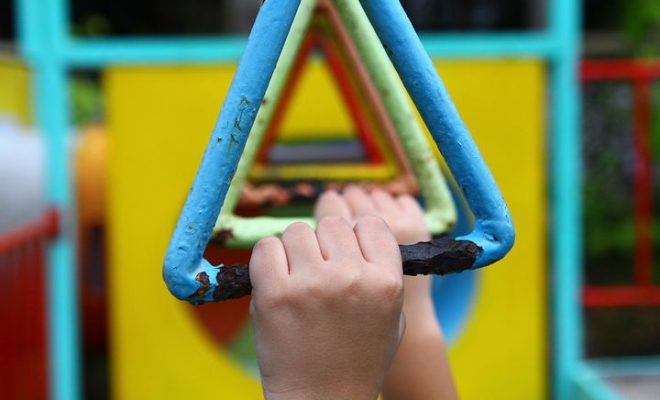Multidisciplinary Evaluation: What You Need to Know

Through this process, a student is evaluated to test if there is any need for special services. During the course of this evaluation process, the student is assessed by two or more professionals, using an approach that takes various factors into consideration.
In a multidisciplinary evaluation, both formal and informal data about a child are gathered from different sources. If a child requires or continues to require special education, an MDE also helps to find out what kinds of services the child should receive. As the evaluation is conducted using a team approach, different types of professionals can be part of the team – physical therapists, occupational therapists, speech/language pathologists, psychologists, etc. – in addition to the parents of the child.
Even if a child has been making developments from grade to grade, they could be determined to be suitable for special services. One of the objectives of an MDE is to find out whether or not the child is making reasonable developments toward their goals and, if not, what types of changes are required.
An MDE should include the child’s level of functioning in each of these areas of development – physical (including hearing and vision); cognitive; social and emotional; communication; and self-care. With the parents’ consent, the evaluation should comprise an assessment of the needs and strengths of the family with regard to helping the kid to develop.
There’re no specific types or numbers of ‘tests’ that have to be assigned to a child as part of an MDE. However, the IEP Team has to ensure that certain types of information are available and considered during the MDE process. These include current classroom-based observations and assessments, information and evaluations provided by the parents, and information from the therapists and teachers. It’s also a must for the IEP Team to decide if any additional information is required. If the team decides that there’s no requirement of any additional information to find out if the child continues to be suitable for special education, the district has to tell the parents and explain the reasons. In that case, parents may request further assessments.
If someone thinks that their child has a disability and requires special education, the person should request the school district to give the child an MDE.
If a child is already receiving special education, doesn’t seem to be making developments, and the parents aren’t sure why they may want to request a re-evaluation to help determine if the program requires any alterations.






